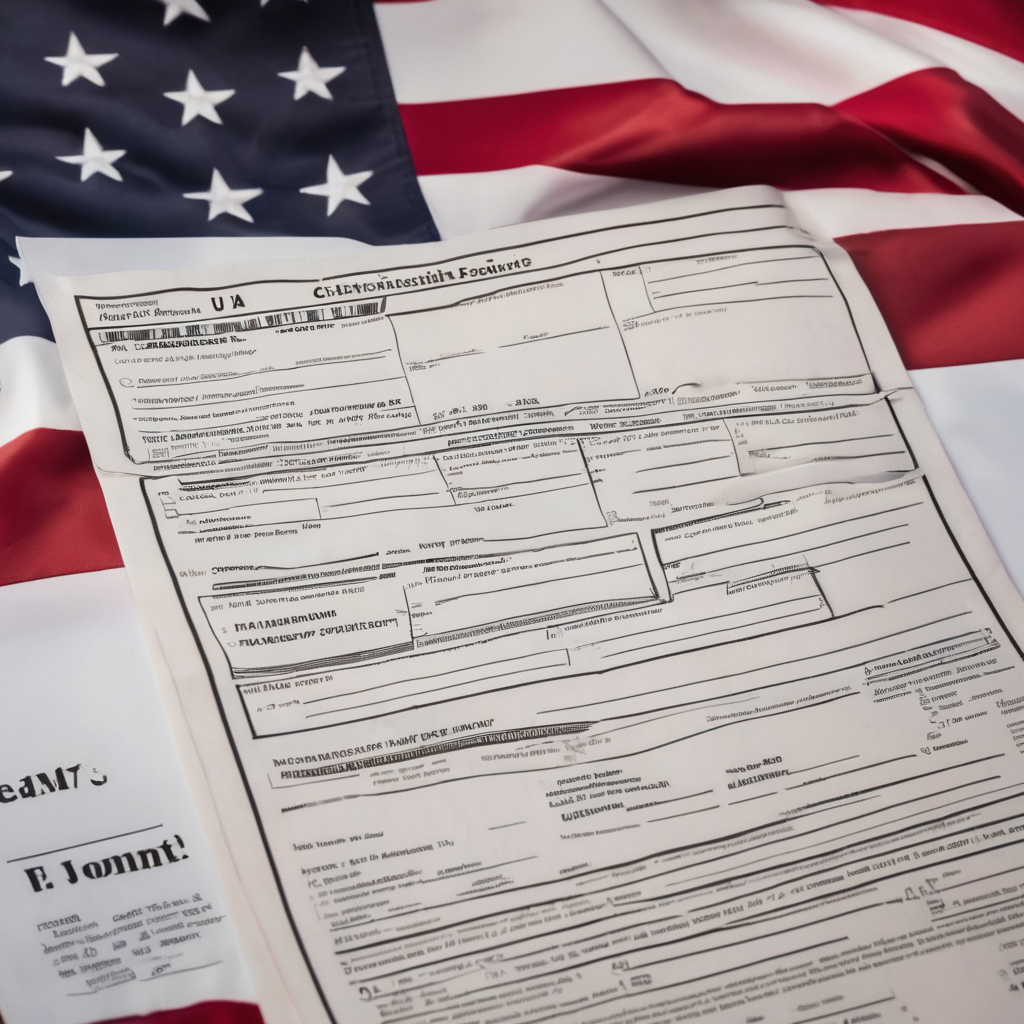Green card holders in the United States now face a more challenging path to citizenship as a revised civics test takes effect. The updated 2025 Naturalization Civics Test, introduced by U.S. Citizenship and Immigration Services (USCIS), demands higher scores from applicants and comes amid ongoing changes to the immigration system that reflect increased scrutiny of potential citizens.
Julia Gelatt, associate director of the U.S. Immigration Program at the Migration Policy Institute, expressed concerns over the new testing requirements. She noted that the revised test could present difficulties for many individuals seeking naturalization, coinciding with the Trump administration’s broader immigration reforms aimed at ensuring applicants embody American values and have good moral character.
Starting October 20, all citizenship applicants must take the updated test, which features a broader question pool and stricter passing criteria. Applicants must now answer 12 out of 20 randomly selected questions correctly to pass, with the question pool expanded from 100 to 128. In contrast, the previous test, based on the 2008 Civics Test, required only 6 out of 10 correct answers.
Older applicants will have a modified version of the test, consisting of 10 questions from a selection of 20, which showcases a more lenient requirement for those who have been legal permanent residents for at least two decades. There are provisions for applicants to retake the test if they fail, but failing twice will lead to the denial of their citizenship application.
Experts and advocates are concerned that the heightened standards for the civics test may disproportionately impact noncitizens, particularly in the context of reduced funding for English and civics education. Gelatt echoed these sentiments, citing that the combination of the new testing requirements and the administration’s rollback on educational support could further hinder the success of naturalization applicants.
Matthew Tragesser, a spokesperson for USCIS, defended the new rules, asserting that American citizenship should be granted solely to those who are fully committed to embracing the nation’s values. He emphasized that these modifications are part of a broader initiative to ensure that only eligible individuals can naturalize, reassuring the public of the integrity of the citizenship process.
The ongoing changes have sparked discussions about the perception of applicants, with critics suggesting these new standards cast doubt on the intentions and eligibility of those applying for citizenship. The implications of these changes may be significant, shaping both the experiences of future citizens and the landscape of U.S. immigration policy.
As the new test rules take effect, it remains to be seen how these modifications will influence citizenship rates in the coming years.
